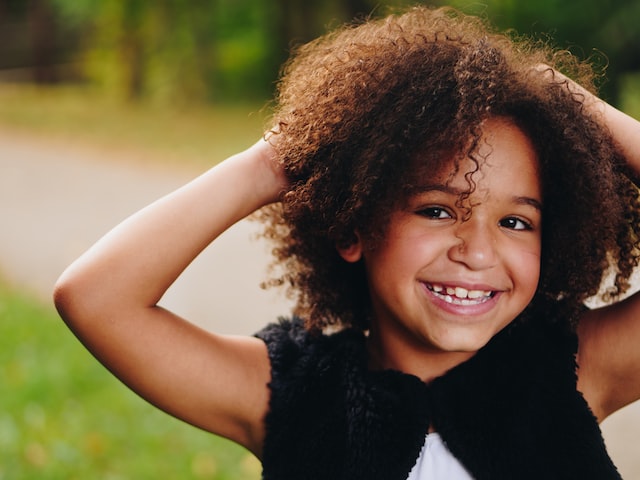Head lice is a common problem among school-age children, and it can be a source of frustration and stress for parents. These tiny pests can spread quickly from one child to another, and it can be challenging to get rid of them once they have taken hold. However, with the right knowledge and resources, parents can help their children overcome head lice and return to school with confidence.
The first step in dealing with head lice is to understand how they are spread. Head lice are contagious, and they can be spread through direct contact with an infested person or by sharing personal items, such as brushes, hats, and headphones. Children who have close contact with others, such as in school, are at higher risk of getting head lice.
If your child has been diagnosed with head lice, it is important to take immediate action to prevent the lice from spreading to others. The best way to do this is to inform the school and any other caregivers, such as babysitters or after-school care providers, about the situation. This will help ensure that everyone is aware of the situation and can take the necessary steps to prevent the spread of lice.
The next step is to choose an effective head lice treatment. There are several options available, including over-the-counter lice shampoos, prescription medications, and natural remedies. The type of treatment that is best for your child will depend on their age, the severity of the infestation, and any other medical conditions they may have.
Over-the-counter lice shampoos are the most common form of treatment for head lice. These products contain chemicals that kill the lice and their eggs. NitNOTs eco-friendly lice treatment is a great option for head lice treatment.
Prescription medications, such as Malathion and Lindane, are also available for the treatment of head lice. These products are more powerful than over-the-counter shampoos and are usually prescribed by a doctor. However, they can have side effects, and they may not be suitable for children who are younger or have other medical conditions.
Natural remedies, such as olive oil and tea tree oil, are also available for the treatment of head lice. These remedies are generally safe and have few side effects, but they may not be as effective as over-the-counter shampoos or prescription medications.
After the treatment has been completed, it is important to take steps to prevent the spread of lice in the future. This may include washing bedding, clothing, and personal items in hot water, vacuuming furniture, and avoiding close contact with infested individuals.
In conclusion, head lice is a common problem among school-age children, but it is a problem that can be managed with the right information and resources. By choosing an effective treatment, informing the school and caregivers, and taking steps to prevent the spread of lice, parents can help their children overcome this challenge and return to school with confidence.



